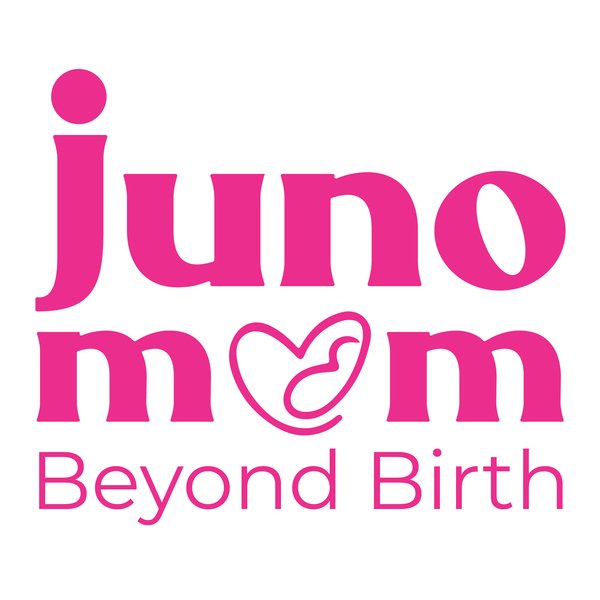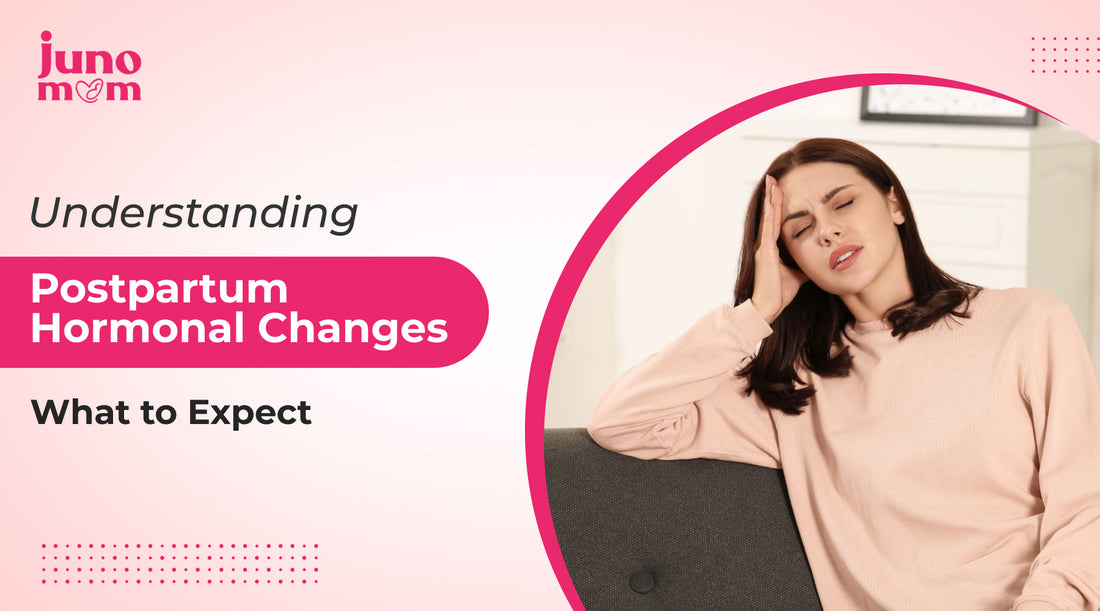What we expect, it is never the same. Postpartum is not just a period of physical or external body measures, instead, it also includes hormonal changes within the body. You go through something totally unexpected and have to deal with it. What makes it all possible is your new born baby and your family’s support.
Just when you get pregnant and start seeing the symptoms, your hormones are all over the place. But after childbirth, it’s time for them to settle back which surely takes time and patience.

During postpartum, you might feel irritated, emotional, sensitive and also go through physical changes like hair loss. Some parents usually enjoy the new feeling of parenting but some can also feel the constant baby blues.
No change feels good and it takes time to settle down. This happens with the postpartum hormonal changes. You must be prepared for what can come your way.
The Drop in Estrogen & Progesterone
During pregnancy, estrogen and progesterone levels rise to support fetal growth, help develop milk ducts, and maintain the uterine environment. Once the baby is born, these hormones no longer need to be on high-rise which results sudden drop and causes an imbalance. It effects your body in various ways:
- It leads to irritability, sadness, and emotional high & lows, often referred as baby blues.
- Estrogen is linked to energy levels, and this sudden drop leads to loss of motivation and causes fatigue.
- In the months of following childbirth, you might also experience skin and scalp issues leading to dryness, sensitivity, and natural hair shedding.

These all body changes are manageable with the support of your closed ones. What you need to prioritize with baby care is self care. You must rest well, take small walks, stay hydrated and have a nutritious meal.
Oxytocin: The “Love Hormone”

Do you know bonding with your baby is one of the most relieving moments during postpartum? It’s for whom you went through all the pain and now you can hold them in your arms and just relax. While you breastfeed your baby, the baby suckling releases oxytocin which helps in easy milk flow and builds a natural bond between baby and mama!
As much these hormones reflect the feeling of love, affection and care, it can also result in momentary sadness. These mood swings are temporary yet a part of the postpartum period.
Prolactin: Supporting Milk Production

A woman’s body can work wonders and one of them is feeding the baby. With the high level of prolactin release, milk production increases in the body. While it allows your body to produce enough milk for the baby, it also has the side effects such as low libido and consistent fatigue. This all happens because most of your body energy is being consumed in milk production, whereas it leaves very less for your personal need.
You must eat nutritious foods, stay hydrated, and take proper rest to keep up with the everyday stamina and regular energy.
Mental Health: Postpartum Depression vs. Baby Blues
Usually, when the baby arrives most of the concern shifts towards the baby, when equally a mother needs the same amount of care too. But due to such emotional highs and lows, a new mom can go through emotional phases which can not be determined.

Baby Blues can be experienced in the first two weeks of postpartum journey. This is often due to hormonal changes, lack of sleep or emotional adjustment to your new self.
Whereas, postpartum depression can last longer than 2 weeks. It involves more severe and stronger feelings of hopelessness, sadness, or emotional anxiety. We recommend that you see a doctor and get professional advice.
Motherhood
These changes are normal, every mother goes through some or the other changes. Take your time for recovery, surround yourself with your loved ones and nurture these days. These days are about your new self, and also about your baby’s growth. Stay focused and enjoy it all.

We at Juno Mom aim to provide you with all the necessities you need for your postpartum physical recovery and be your support in this journey.


